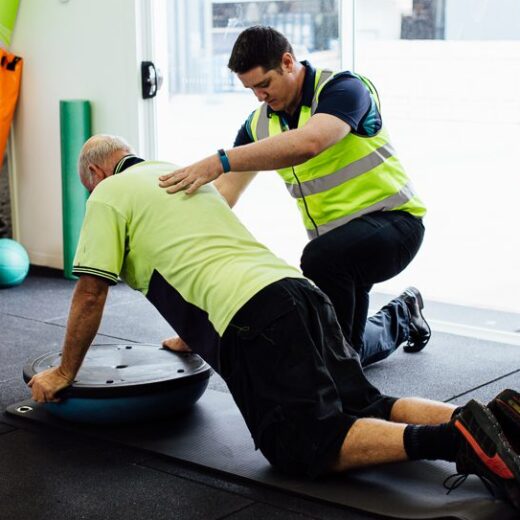
Mid-Year Health Check-Ins – Fit For Life
Give your team the reset they need with onsite wellness screening The middle of the year is the perfect time to check in, not just...
Read moreA Manual Task Risk Assessment (ManTRA) is an assessment tool used to evaluate the exposure to musculoskeletal risk factors related to manual tasks within the workplace. It combines information about the time a task is performed with an assessment of various characteristics of the task, such as cycle time, force, speed, awkwardness, and vibration. This assessment helps determine the level of risk and the necessity for control measures to be implemented.
Compliance: Identifying hazards associated with manual handling tasks and assessing the risk of MSDs are essential aspects of the risk management process. Completing a ManTRA ensures your business meets its obligations under Workplace Health and Safety (WHS) regulations for hazardous manual tasks.
Collaborative Learning: The involvement of employees and managers in the ManTRA process promotes a systemic understanding of risk management within the workplace. This collaborative approach helps staff at all levels appreciate and adopt safe work practices.
Proactive Prevention: By identifying and mitigating risks associated with hazardous manual tasks, businesses can significantly reduce the likelihood of musculoskeletal injuries, including strains, sprains, fractures, and hernias. This proactive approach also helps in preventing chronic pain and psychological injuries.
Enhanced Safety Culture: Adopting participative risk assessment and management tools fosters a positive health and safety culture within the workplace. This cultural shift helps reduce risk across all levels—work, worker, and workplace.
Cost Savings: Effective risk management can lead to substantial reductions in sprain and strain claims. For example, businesses partnering with Employ Health have seen a 63% reduction in such claims within 18 months of implementing a comprehensive manual task risk management program.
A manual task risk assessment should be conducted whenever hazards related to manual handling are identified. Here are key situations that necessitate a ManTRA:
Consultation: Engage with workers and health and safety representatives to identify tasks that have the potential to cause MSDs. Workers are often the best source of information about the risks they face daily.
Data Analysis: Regularly review injury reports and trends to identify tasks that may require a formal risk assessment. This proactive step helps pinpoint areas where preventive measures are most needed.
New Tasks or Equipment: Conduct a ManTRA when introducing new tasks, equipment, or work processes. Any change in the workplace can introduce new risks, and it's crucial to assess these before they result in injuries.
Scheduled Reviews: Implement a schedule for regular risk assessments to ensure ongoing compliance and safety. Regular reviews help maintain a safe work environment and adapt to any new challenges.

Employ Health’s team of physiotherapists exclusively operates within occupational settings across various industries, including manufacturing, food production, and warehousing. Their extensive experience allows them to understand a broad range of hazardous manual tasks and provide specific treatments for MSDs.
Conducting a Manual Task Risk Assessment is a proactive step towards ensuring workplace safety and health. By identifying and mitigating risks associated with hazardous manual tasks, businesses can comply with WHS regulations, promote safe work practices, reduce injury risks, and foster a positive safety culture. Employ Health is committed to helping businesses implement effective risk management strategies through comprehensive assessments and tailored control measures. Schedule a ManTRA with Employ Health today to safeguard your workforce and enhance your business’s safety culture.

Give your team the reset they need with onsite wellness screening The middle of the year is the perfect time to check in, not just...
Read more
Why regular training is key to a safer, stronger workforce Manual handling injuries are one of the most common—and preventable—workplace hazards in Australia. Whether your...
Read more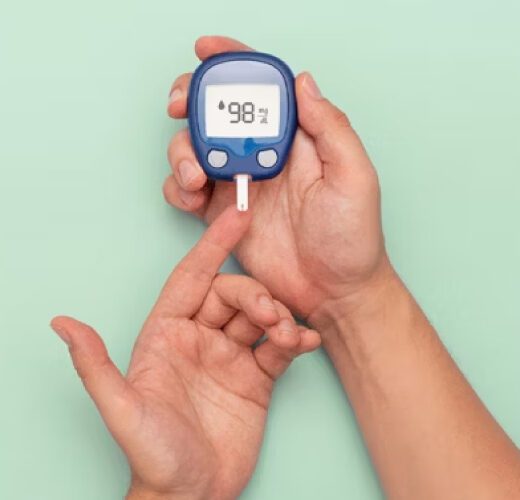
How employers can support prevention, early detection, and healthier teams Diabetes is one of Australia’s fastest-growing chronic health conditions, and its impact reaches well into...
Read more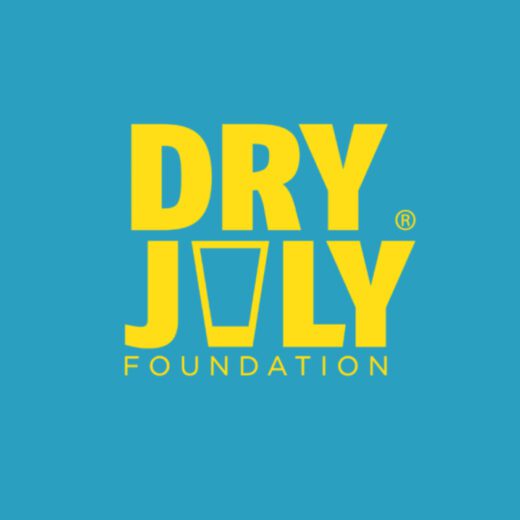
Every July, thousands of Australians take a break from alcohol to raise funds for people affected by cancer. But Dry July isn’t just a...
Read more
Safeguarding sensitive workplace data is no longer optional, it is essential. With cyber threats on the rise and regulatory changes looming, Australian businesses must...
Read more
Navigating the Rising Threat Landscape In today’s digital age, data security has become a paramount concern for Australian businesses. The increasing frequency and sophistication of...
Read more
What They Are and How to Manage Them in Your Workplace Mental health and wellbeing have become essential conversations in modern workplaces – not just...
Read more
Ways Your Business Can Make a Difference This June June is Women’s Health Month, a time to recognise, celebrate, and support the health and wellbeing...
Read more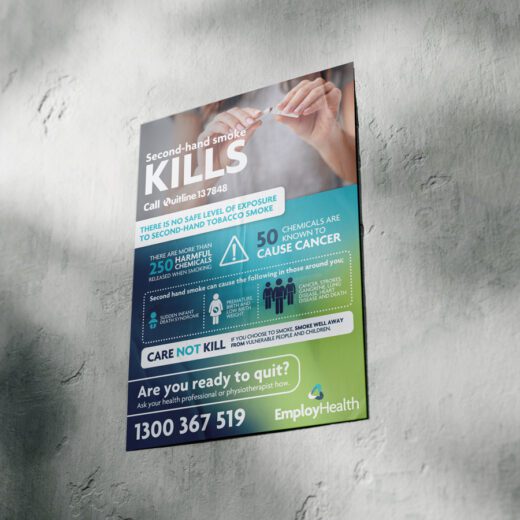
May is Addiction Awareness Month—a time to shine a light on the habits and dependencies that affect the health, wellbeing, and performance of workers...
Read more
Manual handling is a part of everyday work across countless industries – from construction and warehousing to healthcare and hospitality. But it’s also one...
Read more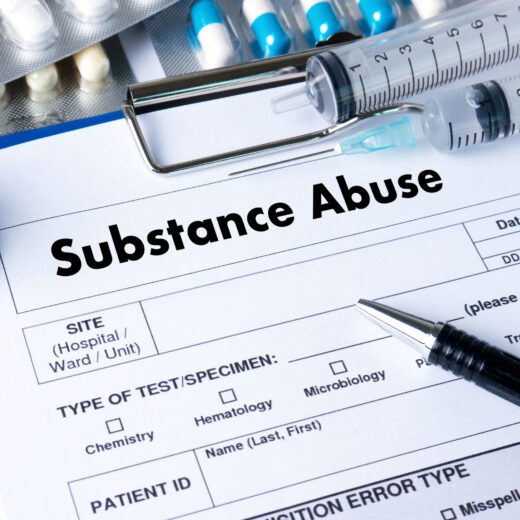
Drug and alcohol use in the workplace is more than just a safety issue—it’s a health, productivity, and culture concern. Having a structured workplace...
Read more
Quitting smoking is one of the most impactful health decisions a person can make—but it’s not easy to do alone. As a business, the...
Read moreCan’t find what you’re after?
View all articles